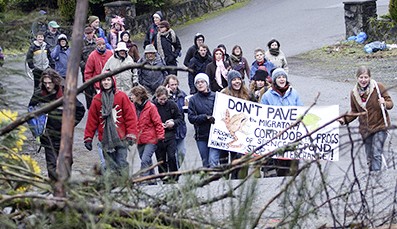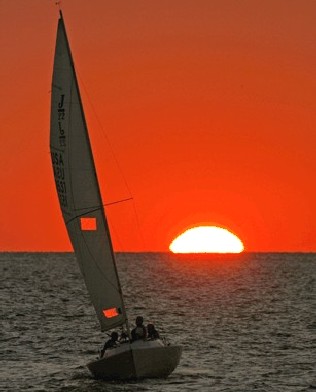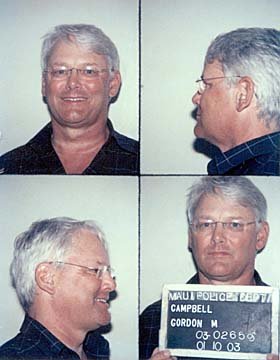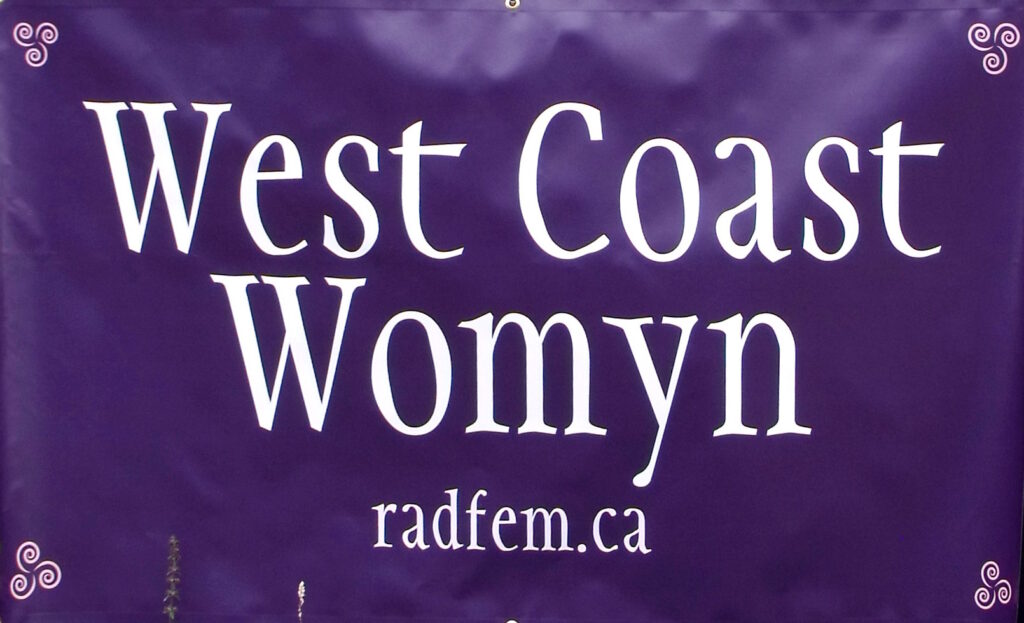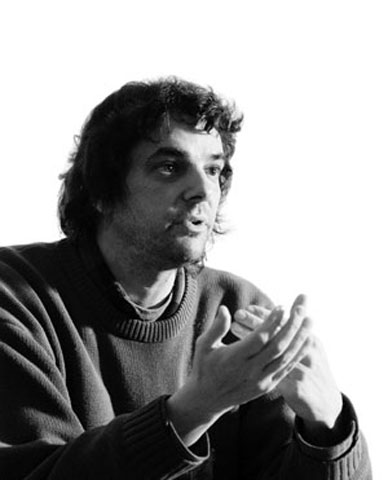
Sat, 20 Oct 2007
Derrick Jensen’s captive audience: A discussion with the author about his latest book
I loved animals as a child, but I didn’t like zoos. I found them disturbing and depressing. They smelled like shit and death. But then, adults considered me far too sensitive and sentimental toward animals. When I was five years old, I had what you might call an emotional breakdown after watching my father beat the family cat almost to death in our living room. That was the home life the cat and I shared, back then.
Nowadays, there are laws against abusing animals (and children, for that matter). Zoos are no longer squalid prisons where animals languish and die in solitary concrete cells. Bright, clean cages — complete with natural-looking foliage and ventilation — invite you to peer in at the inhabitants. But still, I am not comfortable visiting them.
Derrick Jensen knows why. He tells us: “Zoos are about power.” And he quotes an admirer of zoos: “You show power by keeping an animal captive; how much more powerful are you if you kill it?”
Jensen is best known for the wildly popular Endgame: The Problem of Civilization, a massive two-volume diatribe on the need to dismantle civilization now, before it self-destructs and takes the natural world with it. His books and lectures dissect our culture’s disease — systemic violence, industrial capitalism and environmental exploitation.
Endgame overturns the mass delusion that our western industrial society is the most peaceful, plentiful and benign in the history of the world. Of course, the majority of the ugliness is exported or otherwise invisible to most of us. We can still rationalize that Western Civ is the acme of human achievement — at least while the oil holds out and the climate is somewhat stable. About ten more years, Jensen figures.
In a world full of violence, brutality against animals is rarely acknowledged. Since shit flows downhill, and humans automatically out-rank monkeys, tigers, sharks and house cats, we get away with murder. For example, Jensen notes that people kill thousands of sharks every year. But when a shark kills a person, a whole country goes into a frenzy. It’s exactly the same dynamic with Canada’s bears, cougars and wolves.
Jensen reminds us we have wiped out 90 percent of the large fish in the oceans already, and great apes and great cats are likely to be extinct in a matter of years. “We should consider that this culture destroys the wild everywhere faster than ever before,” Jensen writes. “We should consider that this culture is killing the planet.”
Thought to Exist in the Wild: Awakening from the Nightmare of Zoos is Jensen’s latest book, movingly illustrated by photographer Karen Tweedy Holmes with stark monochrome portraits of captive animals. Here, Jensen compares consensual exchanges between human and non-human animals with the dynamics of captivity. “Incarcerating animals in zoos is to entering into relationships with them in the wild as rape is to making love,” Jensen writes.
And like rape, there must be some warped instinct that compels people to do it. “Humans visit zoos because we need contact with wild animals,” Jensen states. “We need wild animals to remind us of the enormous complexity of life, to remind us that the world was not made just for us, to remind us that we are not the center of the universe. We need them to teach us how to live.”
I talked to Jensen at his home in Crescent City, California earlier this month. Here are some highlights of our conversation.
Zoe Blunt: You’re saying zoos are bad for animals and bad for humans?
Derrick Jensen: It should be obvious why zoos are bad for animals. Remember the last time you went to the zoo and you saw the bear that had gone insane and couldn’t stop pacing? It drives them crazy, it would drive anyone crazy.
They keep telling us that zoos are good for education, and that is bogus on so many levels. What we learn is you can take an animal out of the habitat and still have the animal. It teaches us that living creatures are discrete machine parts that can be pulled out of boxes. It teaches us there’s an unbridgeable gap between us and them – a gap with a moat and a cage. It teaches us about our perceived superiority.
This kind of messianic language [zoo proponents] use – “The animals teach us, they are ambassadors.” Fuck that, they’re not ambassadors, they’re prisoners. Zoos are prisons. Living in captivity deprives animals of their homes, and deprives them of their parents. A common way to get zoo animals is to kill the parents and take the children.
Blunt: If not for education, then why do zoos keep animals?
Jensen: Why? Because it’s big money. More people attend zoos than all sporting events combined. They’re amusement parks with live attractions. Zoos are fundamentally pornographic. The animals are there for my use, my entertainment, my gratification.
Blunt: Live nude animals?
Jensen: That’s exactly what they are. Instead of a stripper on a pole, instead of a roller coaster, you can see an animal in a cage.
Blunt: What do you think about British Columbia’s new spotted owl captive breeding program?
Jensen: My position on captive breeding, as I say in the book, there are circumstances where captive breeding is necessary. That said, it is obscene to take northern spotted owls from the wild and to use that as an excuse — which is all it is — to destroy their habitat. Words cannot express how vile that is. In this case, it’s a disgusting, immoral crime against nature. It’s an excuse to rationalize further deforestation for the timber industry.
Instead of zoos, people should just go outside, and bring their children because it’s especially important for children to see wild animals. And not just in Alaska or Central America, but in the irrigation ditch behind your house.
If a child wants to see a bear, we have to tell them, “I can’t show you a bear, people wiped them all out here. I could have showed you a spotted owl five years ago, but now they’re gone.”




